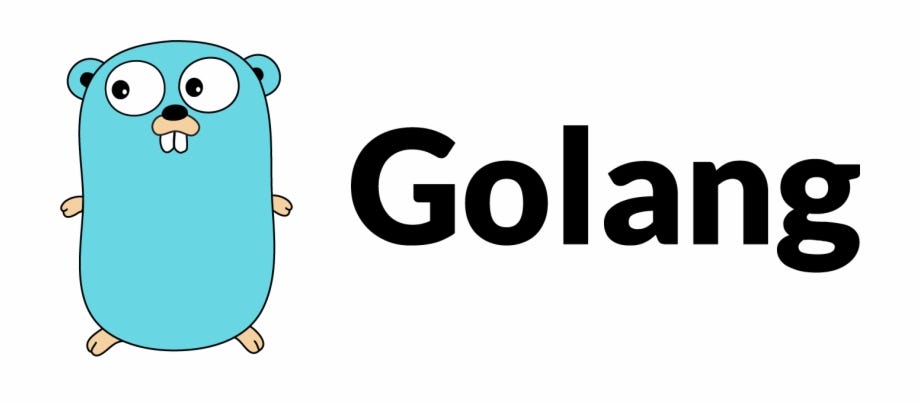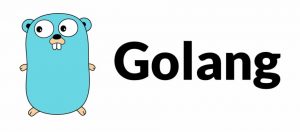Introduction to Go Functions
Functions are a fundamental building block of any programming language, and Go is no exception. In this tutorial, we’ll explore the concept of functions in Go, covering everything from basic syntax to more advanced topics.
Defining Functions in Go
Let’s start with the basic syntax of defining functions in Go:
package main
import "fmt"
// Syntax: func functionName(parameterName parameterType) returnType {
// // Function body
// }
// Example:
func greet(name string) {
fmt.Println("Hello, ", name)
}Calling Functions in Go
Once a function is defined, you can call it from other parts of your code. Here’s how you call a function in Go:
package main
func main() {
// Calling the greet function
greet("John")
}Function Parameters and Return Types
Functions in Go can have parameters and return types. Here’s how you define and use them:
package main
import "fmt"
// Function with parameters and return type
func add(x, y int) int {
return x + y
}
func main() {
result := add(3, 4)
fmt.Println("Result:", result) // Output: Result: 7
}Multiple Return Values
Go functions can return multiple values. Here’s an example:
package main
import "fmt"
func divMod(x, y int) (int, int) {
return x / y, x % y
}
func main() {
quotient, remainder := divMod(10, 3)
fmt.Println("Quotient:", quotient) // Output: Quotient: 3
fmt.Println("Remainder:", remainder) // Output: Remainder: 1
}Anonymous Functions
In Go, you can define anonymous functions, which are functions without a name. Here’s how you do it:
package main
import "fmt"
func main() {
// Defining and calling an anonymous function
func() {
fmt.Println("Hello from anonymous function")
}()
}Conclusion
Functions are a vital part of Go programming. In this tutorial, we covered the basics of defining, calling, and using functions effectively in Go. By mastering functions, you’ll be well-equipped to write clean, modular, and maintainable Go code. Experiment with the code examples provided to solidify your understanding. Happy coding!


